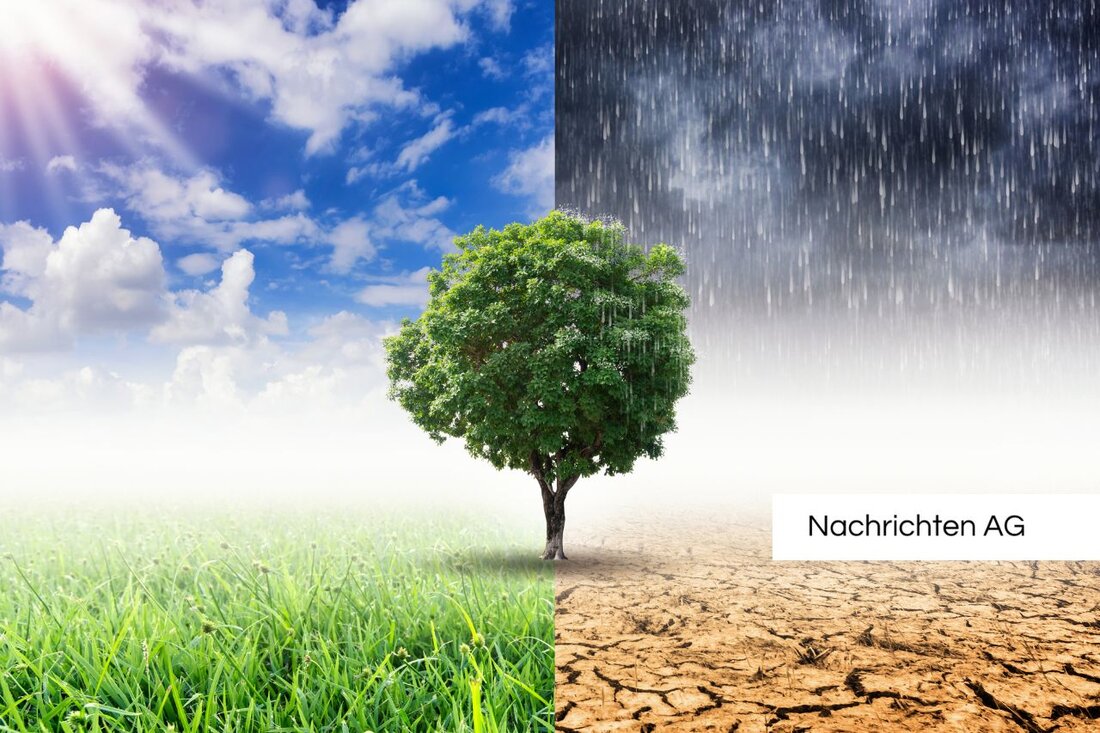Saving urban nature: How unsealing makes our cities climate-resilient!
Online event series in Hamburg on land desealing starts on September 10, 2025 - experts discuss sustainable urban development.

Saving urban nature: How unsealing makes our cities climate-resilient!
A central problem of modern cities is the sealing of soils, which not only increases temperatures but also increases flood risks and hinders the water cycle. In this context, the Hamburg University of Applied Sciences is launching a series of events entitled "City. Soil. Change. Paving for the Future". This online series begins on September 10, 2025 and aims to make cities more climate resilient and promote sustainable urban development. It includes various aspects such as democratic process design and paving as well as innovative approaches from the Netherlands and Germany that have already been successfully implemented. As the Hamburg University reports, the topics also show how green spaces can contribute to increasing biodiversity.
The background to this initiative underlines the problem of soil sealing: In Germany, around 45% of settlement and traffic areas are sealed, which prevents rainwater from seeping in and increases the ambient temperature. This not only leads to a deterioration in soil quality, but also an increased risk of extreme weather events. In recent years, many parts of the world, such as the USA and Spain, have experienced flooding as a result of heavy rain events. Here, too, it becomes clear how important it is to take preventative measures to meet the challenges of climate change.
Experts and collaborations
The series of events will be moderated by experts, including Petra Zivkovic and Anna Brehm. Invited experts such as Lars Hochmann and Christine Stecker will present their experiences and solutions. The collaborations with various institutions, such as BUND Hamburg and the city of Hamburg, show the broad support network behind this initiative.
Another central point of the discussion is the principle of the sponge city. This concept allows urban areas to store rainwater and release it when needed, which is particularly beneficial during dry times. In Hamburg-Altona, paving stones have already been removed in order to replant the areas, and new technologies have been developed that promote water seepage, such as the water-permeable asphalt “KlimaPhalt”.
Global challenges and regional solutions
In view of global warming and the associated risks, research by Fraunhofer IBP shows the need to implement adaptation measures to reduce heat in cities. Studies show that between 1998 and 2017, around 166,000 people died worldwide due to heat. It is therefore crucial that city planners and municipalities take comprehensive measures to reduce urban heat islands.
The initiatives such as “Tegelwippen”, which were launched in the Netherlands and are also spreading to Germany, aim to dismantle sealed areas and replace them with green space. The paver removal competition is offered in many locations as part of a broader strategy to promote biodiversity and climate-resilient urbanization. These developments illustrate the opportunities that lie in sustainable urban planning to combine quality of life and environmental protection.
The coming months will be crucial in observing the effects of this series of events and assessing their influence on urban development in Hamburg. The challenges of climate change require international cooperation and innovative solutions that can also learn from the experiences of other cities.
Hamburg University of Applied Sciences reports that...
Telepolis highlights that...
Fraunhofer IBP turns out that...

 Suche
Suche
 Mein Konto
Mein Konto